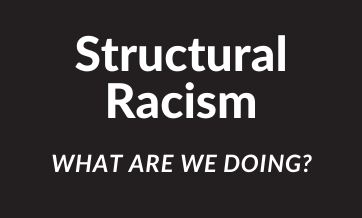Structural Racism – What Are We Doing?

Structural Racism – What Can We Do? We can examine what we can do in our lanes for systems change.
Our former Associate Dean of Public Health Practice in the Activist Lab, Harold Cox, said recently in a BUSPH Community Meeting, when everyone is asking what they can do, I say: “we do what we can in our lanes.”
NEPHTC thanks Harold Cox for these words. The public health workforce works in a wide variety of lanes, and each public health professional can examine what we can do in our lanes for systems change
NEPHTC and its Community Based Training partners are working in our lanes on Systems Change. Some of those changes are in the area of learning, and some are in practice. Here are some things that we are doing:
- For each training project, we identify the communities or community issue we are serving which are underserved or challenged.
- We are adjusting upcoming trainings to reflect recent events.
- Our Community Based Training Partner in New Hampshire, NHPHA, is working with health equity partners on Equity During COVID 19.
- Our Community Based Training Partner in Vermont is supporting Resilience across Vermont agencies with the Agency of Human Services
- Our Technical Assistance partner RIPHI and Open Door Health is working with underserved populations, including black and brown neighbors, via community service and research for health.
- NEPHTC Program Manager Karla Todd has been working with the PHLN Learning Framework Team, including practice leaders from our public health peer institutions across the country, to move learning from planning based on competency needs, toward learning that gets to deeper levels for systems change. Again, stay tuned. We hope this will be released publicly soon.
- The PHLN is convening make a plan to better support the public health workforce on issues of health inequity. Structural racism is part of, but is not the only form of, health inequity.
As NEPHTC does its work supporting learning in the public health workforce, we are working in our lane to examine how we can best support anti-racism.